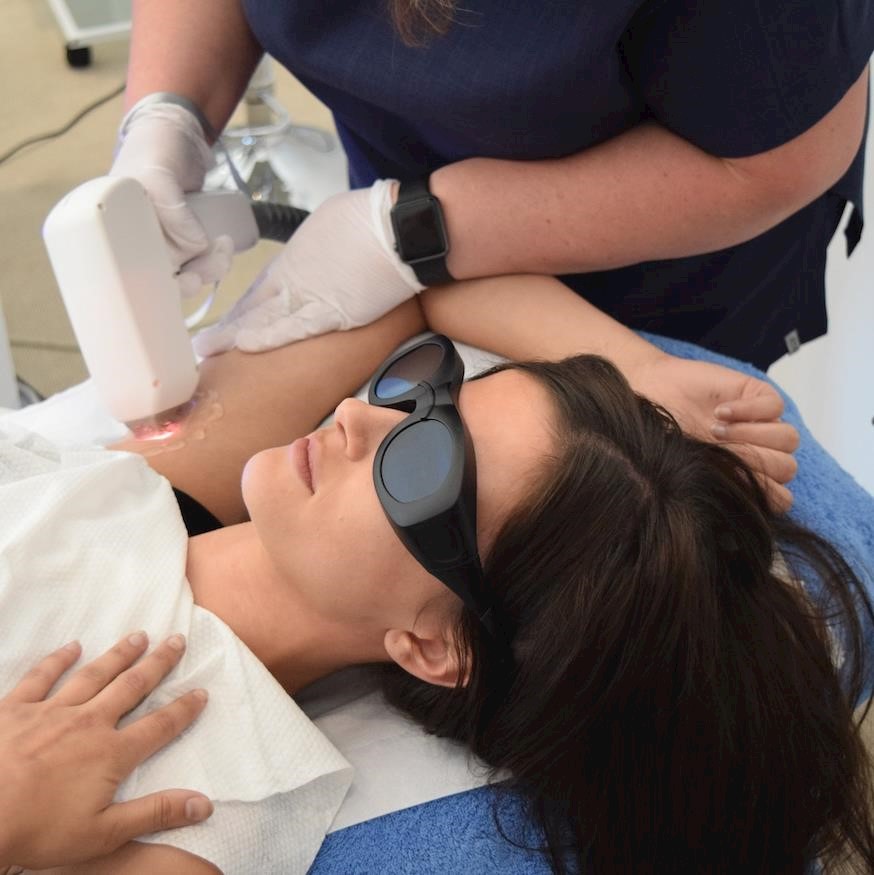In the modern world, personal grooming and hygiene have become an integral part of daily life. Among the many beauty and personal care treatments available today, laser hair removal has gained immense popularity. However, for Muslims, an important question arises: Is laser hair removal permissible (halal) in Islam, or is it considered forbidden (haram)?
To answer this question, we need to examine Islamic teachings on Is It Haram to Do Laser Hair Removal Dubai modesty, and body alterations while considering the scholarly views from different Islamic schools of thought.
Islamic Perspective on Hair Removal
Islam places a strong emphasis on cleanliness and personal hygiene, and hair removal is a well-established practice in Islamic teachings. The Prophet Muhammad (peace be upon him) encouraged the removal of certain body hair as part of the Sunnah of Fitrah (natural disposition). The following practices are recommended:
- Removing pubic hair – Encouraged in Islam as a part of maintaining personal hygiene.
- Removing armpit hair – Also recommended to maintain cleanliness.
- Trimming the mustache – Men are encouraged to keep their mustaches trimmed.
- Cutting or plucking the nails – A part of basic hygiene practices.
However, there are certain limitations regarding hair removal in Islam, particularly concerning eyebrows, beards for men, and certain methods that may cause harm to the body.
Is Laser Hair Removal Permissible in Islam?
Laser hair removal is a medical and cosmetic procedure that uses laser technology to remove unwanted hair by targeting hair follicles and inhibiting their growth. Since this method permanently reduces hair growth, some scholars argue that it could fall into the category of body modification, which Islam generally discourages.
To determine whether laser hair removal is halal or haram, we must consider the following Islamic guidelines:
1. Intention and Purpose (Niyyah)
In Islam, intention (niyyah) plays a crucial role in determining the permissibility of an action. If laser hair removal is done for hygiene, medical reasons, or to maintain cleanliness as prescribed in Islam, then it is generally considered permissible. However, if it is done purely for vanity or excessive alteration of one’s natural body, some scholars may view it as discouraged.
2. Gender Consideration and Modesty
Islam emphasizes modesty, and men and women are instructed to avoid exposing their awrah (private parts) to others unless necessary. Since laser hair removal often requires treatment in intimate areas, it should ideally be performed by a same-gender practitioner. For example:
- Women should seek female practitioners for laser treatments.
- Men should opt for male practitioners to maintain modesty.
- If a same-gender practitioner is unavailable, it should only be done when absolutely necessary for medical or hygiene reasons.
3. Permanent or Temporary Change
Some Islamic scholars differentiate between temporary and permanent changes to the body. Since laser hair removal permanently reduces hair growth, a few scholars categorize it as a permanent alteration, potentially making it impermissible. However, others argue that since Islam already encourages hair removal in certain areas, using a modern method that offers long-term benefits does not contradict Islamic teachings.
4. Harm to the Body
Islam strictly prohibits anything that causes unnecessary harm to the body. If laser hair removal is performed by a qualified professional and does not cause significant pain, harm, or side effects, then it is generally considered permissible. However, if there is a risk of serious burns, scarring, or medical complications, then it would be discouraged.
What Do Islamic Scholars Say?
Islamic scholars have different opinions regarding laser hair removal, depending on their interpretation of religious texts and principles:
- Permissible (Halal): Many scholars from the Hanafi, Maliki, and Shafi’i schools of thought consider laser hair removal halal as long as it does not cause harm, maintains modesty, and is not used for excessive beautification beyond what is encouraged in Islam.
- Discouraged but Not Haram: Some scholars argue that while not entirely forbidden, it should not be done for superficial reasons. They suggest that traditional hair removal methods such as waxing or shaving are preferable.
- Haram (Forbidden): A minority of scholars believe that permanently altering hair growth is a form of changing Allah’s creation, making it haram. However, this view is not widely accepted, especially since Islam encourages hair removal for hygiene.
Conclusion: Is Laser Hair Removal Halal or Haram?
Based on the evidence from Islamic teachings, the majority of scholars agree that laser hair removal is halal (permissible) with certain conditions:
- The procedure should be done for hygiene, medical reasons, or personal grooming, not for extreme beautification.
- Awrah (private parts) should not be exposed unnecessarily; a same-gender practitioner should perform the procedure when possible.
- The treatment should be safe and not cause harm to the body.
- It should not be done with the intention of permanently altering the creation of Allah in a way that contradicts Islamic teachings.
Ultimately, Muslims who are considering laser hair removal should consult a knowledgeable Islamic scholar or mufti to receive guidance based on their personal circumstances and intentions.
Final Thoughts
Islam is a religion that promotes cleanliness, self-care, and modesty. Is It Haram to Do Laser Hair Removal in Dubai, when done in accordance with Islamic principles, is generally considered permissible. As long as one follows the conditions set by scholars, laser hair removal can be a practical and acceptable method of maintaining hygiene without violating religious guidelines.

